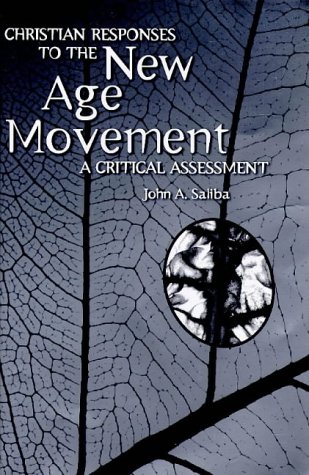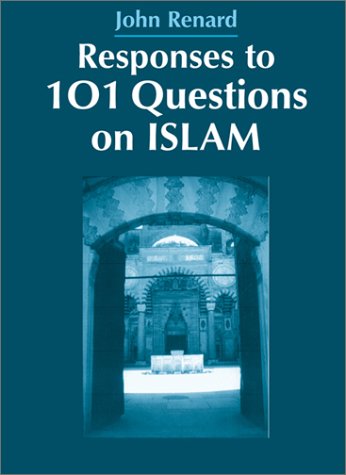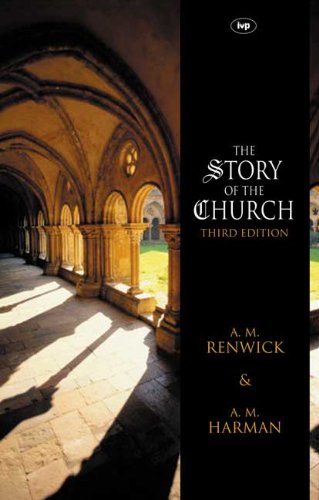Variations on a Theme: King, Messiah and Servant in the Book of Isaiah, The Didsbury Lectures 1997
Written by H.G.M. Williamson Reviewed By Deryck SheriffsProfessor Hugh Williamson has a rare gift in the world of academic techno-talk, the gift of lucidity. We need it when it comes to grasping the message of the Isaiah scroll, given the sheer bulk of its sixty-six chapters, its highly poetic phraseology which does not translate readily into a set of plain statements, and the depth and waves of critical discussion. Williamson delivers on each of these agenda items. His mastery of the literature and critical independence of judgement is there on offer in delightfully digested form, a boon to theological students who cannot go down deeper, stay down longer and come up muddier, or with more treasure, than the queue of doctoral divers. The lucidity also means that if we wish to differ on any particular point, there is a clear statement of position with substantiation to start from, which makes sense in plain English and stands on its own feet. Williamson does not don the armour of traditional battlelines but threads his own way through the serried ranks. This makes the reader’s journey through the book revealing and fresh. No landmines, or crouching in shell-holes.
There is a compelling case for understanding the scroll in terms of a variety of contributors pastorally engaging Judean audiences in different political settings with a call to repentance and hope, an engagement that focuses on God as King, captured so dramatically in Isaiah’s vision of chapter six. Williamson sharpens our appreciation of the dynamics involved in the formulations of the Isaiah scroll. Its contributors play on key theological concepts. How will God mediate his light, justice, righteousness, salvation, and rule in the world? The world of Judah threatened by the Assyrians, the world of Babylon captor of the people of Zion, and the world of a divided community partly responsive and partly unresponsive to the prophetic call? When little changes to bring hope to fruition, how do preachers and prophets respond to the dissonance? As the title states, Williamson sees the component parts of the Isaiah scroll as variations on a theme. In pursuing these variations, we visit the monarchy, its eclipse, the democratisation of the dynastic promises to David, the emergence of servant figures, and the invitation to individuals both Israelite and Gentile to participate in the new community and the new creation. The shifts of perspective, building on or radically modifying previous statements, yield a dimensionality to a faith that persists because it is focused on the King, God himself.
Specific passages yield their key ideas through Williamson’s careful weighing of their chosen phrases and inter-textual allusions to previous utterances. Those familiar with Williamson’s commentaries on Chronicles, Ezra and Nehemiah will recognise the strength of this redactional and conceptual approach. His discussion of Isaiah 61 shows that it gathers up previous servant roles and develops them. Certainly this sets the scene for Jesus to read this passage and understand his mission in its light. Williamson wants to affirm this self-understanding of Jesus without confining the thrust of the scroll’s message. It spoke in its first setting and still speaks to servants of God today. The way that Jesus fulfils the portrait is not diminished, but Williamson underlines the task to be fulfilled as reflected prismatically in calls to Israel to be God’s witnesses, a calling that we in turn must respond to.
Those like myself who teach Isaiah will welcome this book for themselves and their students. We might differ on emphases. For instance, the new exodus motif is not given space. A corollary is no discussion of a new Moses contribution to the composite portrait of the servant in Isaiah 40–55. Yet Moses as national liberator, prototype prophet, expositor of torah and covenant mediator looks a likely model for several servant attributes and tasks. Also, the hermeneutical issues involved in an explicitly Christian re-reading of Isaiah are touched on, but do deserve a book of their own. This said, the focus and method adopted deliver the goods. It reads well and it clarifies. I think it will be much appreciated.
Deryck Sheriffs
London School of Theology







